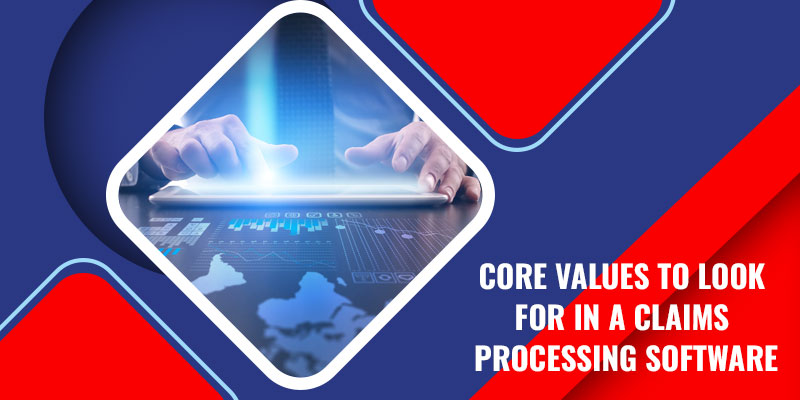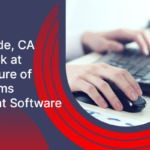Riverside, CA: A Look at the Future of Claims Management Software in 2024
July 25, 2024
Claims management software is developed for healthcare insurance companies, health benefit payors, and TPAs (third-party administrators) using advanced AI automation to digitally transform the claiming process. From reviewing and settlement of the claim to pay-outs, the complete process is controlled and accelerated using this software. These systems support insurance agents in managing their clients’ claims by facilitating the information and data essentially required for evaluating claims within a centralized record system.
Claims Processing Software offers various benefits improving the operational efficiency of the organization, slashing claims management costs, and automating the workflows through digital claims. Other benefits of claims management applications include reduced fraudulent claims by monitoring the authorization process and ensuring the availability of all claim details, such as litigation, policy terms, and claim assessments to be used by the centralized claim processing system.
For your health insurance company, a claims management application can centralize the whole process enhancing the efficiency and overall performance. Here are the core values to look for:
- User-Friendly Interface
The interface of the software needs to be spontaneous and user-friendly so that navigating through it becomes easy and fast. With a simple interface, no rigorous training is needed for the insurance professionals to employ it in their existing system.
- System Integration
As insurance companies have a huge amount of data to be processed according to specified regulatory rules, incorporating the new system with the existing one is a vital step. Claims software offers seamless integration allowing users to have real-time access to critical data.
- Data Accessibility
This system makes storing and accessing important data and documents lightning-fast. Thus claims processing is simplified.
- Workflow Automation
Switching between the different processes involved becomes effortless with the superior workflow management of this software. Additionally, human errors are reduced.
- Data-driven Reporting and Analytics
With systematic examination and interpretation of data, valuable insights and conclusions can be generated. Generating reports, dashboards, and visual representations and performing deeper analysis of data using various integrated features of the application plays a vital role in decision-making to conclude the process.
- Customer Access Hubs
The app offers customer portals to provide the users with access to specific services offered by a company and to access client history. It plays a vital role in customer satisfaction.
- Compliance and Security
According to research, 10% of the insurance claims made per year are fraudulent. Thus, compliance with regulatory requirements in this field is mandatory. A claims app will ensure complete compliance with the regulations thus reducing instances of fraud.
- AI and Machine Learning for Future Interpretations
With AI and Machine Learning as the inherent features of Claims Processing Software, these technologies can help in fraud detection, risk assessment, and improving accuracy during claims processing.
- Device Compatibility
These applications can be accessed on various devices offering flexibility and convenience of use to the users.
- Scalability
Any size of organizations; small or large, can benefit from these applications as these are capable of adapting to various scopes of a growing firm.
- Invoice Generation
The financial tasks involved in the process such as invoice generation and structuring are made easier for users with this system.
- Chatbots for Customer Support
To address the questions or issues faced by customers, the software offers live chat, email, phone calls, and chatbots.
With Claims Software, companies can handle claims more proficiently right from the time they are first reported to the time of settlement. These applications make the whole process digitized and centralized reducing the manual work and enabling better communication between the professionals namely the insurers, adjusters, and policyholders.
7 Features Every Online Claim Management System Needs
June 27, 2024What to Look for in Claims Management Software?
May 8, 2024









